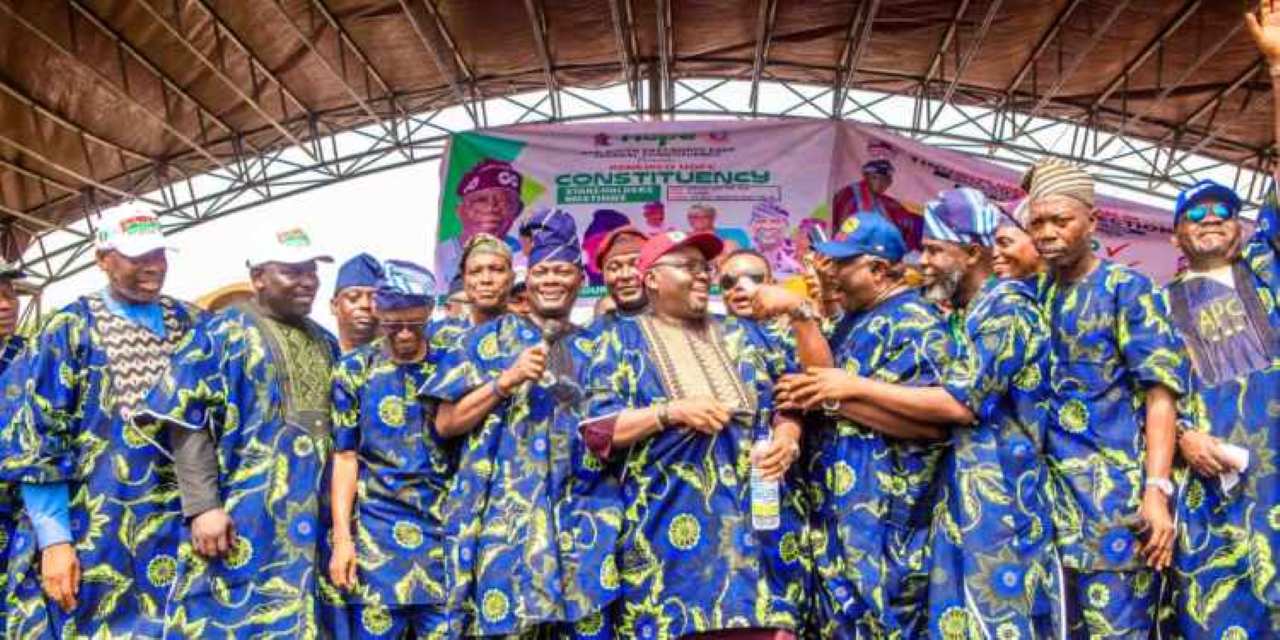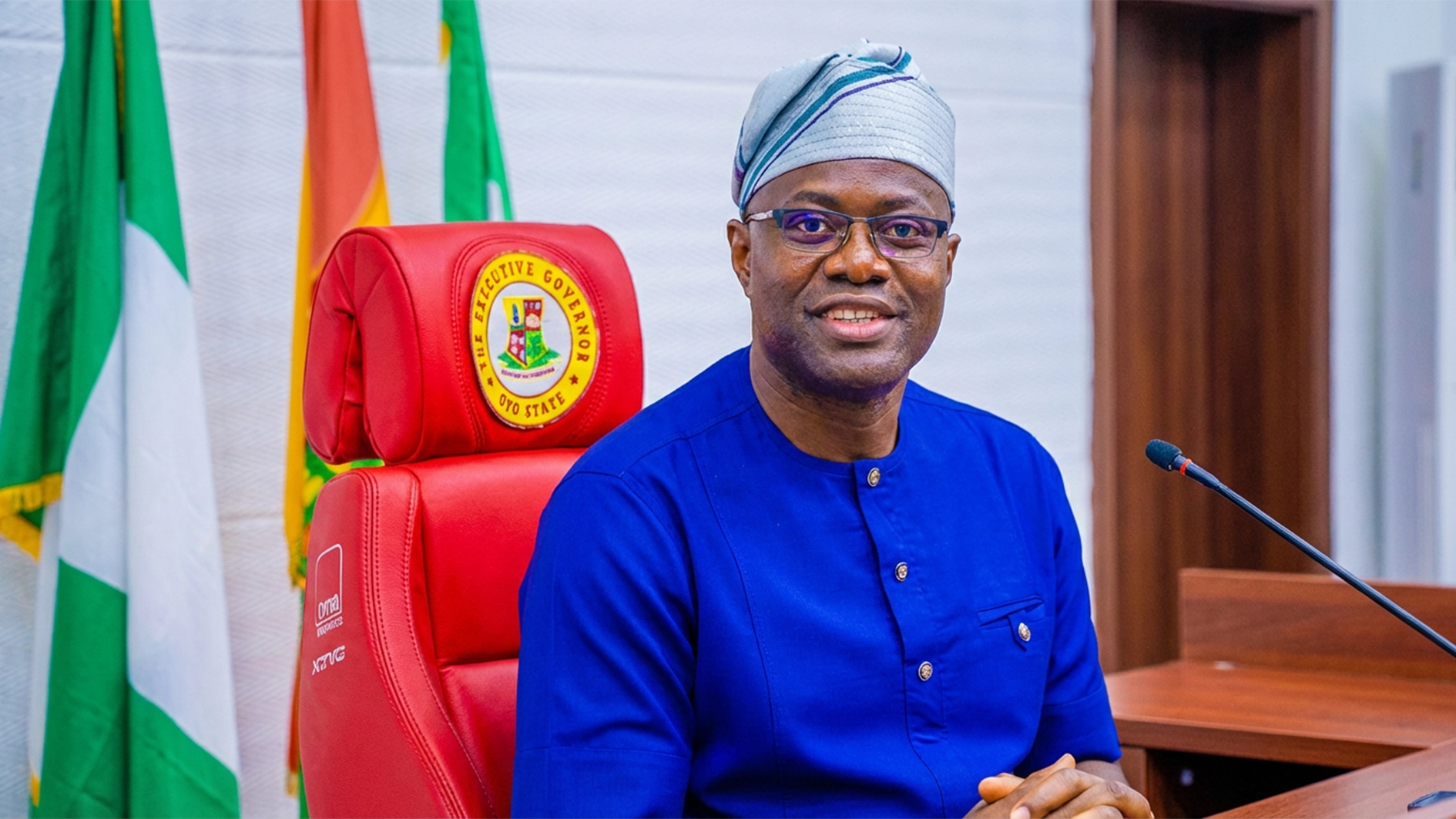
What is your take on how the country’s constitution has evolved since independence, particularly the key features of post-1960 constitutions?
Nigeria’s post-independence constitutional history reflects significant changes in governance structure and national identity. The 1960 Independence Constitution marked Nigeria’s formal independence from Britain, establishing a dual-executive system and dividing legislative powers between central and regional bodies, though British influence persisted through the Privy Council. The 1963 Republican Constitution severed ties with the British monarchy, creating a more centralised judicial system and making Dr. Nnamdi Azikiwe the first Nigerian Head of State.
However, concerns over executive influence on the judiciary arose. The 1979 Constitution introduced a presidential system, centralising authority in the executive while retaining federalism, and reinstating checks and balances between branches of government. The 1999 Constitution, drafted during Nigeria’s transition back to democracy, is a product of military influence. It reflects a federal structure but fails to recognise the developed country’s acceptable citizens’ rights, and the rights of the indigenous people of the FCT, marking a continuation of Nigeria’s struggle to balance federalism, democracy, and stability.
It is safe to say that the 1999 Nigerian Constitution is a military document as opposed to a legislative document, which did not undergo the proper process of lawmaking, and as such, falls within the context of ‘a constitution against the interest of citizens’ birthed from the womb of military men at the Barracks. And this is why anytime one of such military governments comes up, the first recourse is to suspend the constitution. This is a factual matter as even the provision of section 6(6)(d) of the constitution shows this. It posits that: “The judicial powers vested in accordance with the foregoing provisions of this section shall not, as from the date when this section comes into force, extend to any action or proceedings relating to any existing law made on or after January 15, 1966 for determining any issue or question as to the competence of any authority or person to make any such law.”
What is the implication of that section?
The section is a recognition of illegality; this foregoing provision raises more questions than answers. First of all, note that the first military interruption of a civilian government took place on January 15, 1966 via a coup d’état. This same provision did not identify the laws it does not wish to be questioned as valid or properly made in the said section. Neither did it mention or define the person(s) or authority that made the “protected” laws. It is a blanket provision to protect the military from having to answer to the people they claimed to have led; in other words, to ensure that the military leaders did not account for their disruptive interventions.
Unlike the 1963 Constitution which emerged through a lawmaking process by the legislature, the 1999 Constitution did not emerge the same way. Although it might be claimed that it was done during the military era, a careful comparison will show that the 1979 Constitution had a people’s assembly led by Justice Udo Udoma, which can be said to be a legislative process that served as a platform that birthed the Constitution. This was unlike the 1999 Constitution, which came into force as a result of a decree or promulgation by a military government. Therefore, being a constitution birthed through an undue process of lawmaking, as contrasted with the 1963 and 1979 Constitutions, the 1999 Constitution inherently inherited some incurable defects.
Why is the amendment process outlined in Section 9 of the 1999 Constitution considered onerous, and what are the proposed solutions?
The amendment process in Section 9 is cumbersome, requiring support from both houses of the National Assembly and state assemblies. Those bodies slow down progress and hamper necessary reforms. Proposed solutions include conducting a national referendum for public participation in creating a new Constitution and convening an inclusive constitutional conference to ensure diverse perspectives are considered.
What are the current implications of the unenforceability of Chapter 2 of the Constitution?
The unenforceability of Chapter 2 means that citizens cannot hold the government accountable for failing to implement essential policies, contributing to systemic inefficiencies and a lack of responsiveness from leaders.
In terms of governance, what was the major change in the 1979 Constitution and how does it reflect on today’s reality?
The 1979 Constitution introduced significant changes, shifting Nigeria to a presidential system. It established a bicameral legislature at the national level, empowering them to impeach the President and governors, which enhanced accountability. Additionally, it reinstated the Judicial Service Commission for judicial appointments, requiring presidential approval and legislative confirmation, thus creating a system of checks and balances. The judiciary gained authority to interpret the Constitution, emphasising its independence and role in maintaining the rule of law.
How does the 1999 Constitution address the rights and representation of indigenous people in the Federal Capital Territory (FCT), and what role do traditional rulers play?
The 1999 Constitution fails to recognise the rights and representation of the indigenous people of the FCT. Section 302 empowers the President to appoint a Minister for the FCT, sidelining indigenous governance. While Section 299 treats the FCT as a state, it does not grant the same electoral representation rights enjoyed in other states. The arrangement effectively excludes the indigenes from administering their affairs, highlighting critical gaps that require reform.
Traditional rulers’ roles are inadequately addressed, and relegated to ceremonial status without constitutional power. This lack of recognition undermines their cultural authority and significance in their communities. The 1999 Constitution of Nigeria failed to recognise or fully accommodate the existence of the original inhabitants of the FCT, numbering over six million people before the establishment of the FCT. This exclusion derogates their right to statehood and leaves them without full representation, as evidenced by sections 302, 147, and 299 of the 1999 Constitution.
On issues of governance and accountability, how does the immunity clause in the 1999 Constitution sit with you?
The immunity clause in Section 308 protects sitting governors from prosecution, undermining the rule of law, equality before the law, right of equal access to court, fair hearing, natural justice and fostering corruption. This provision shields public officials from accountability, showing the importance of its removal to promote transparency and ensure that all public officers are answerable for their actions or inactions.
Many have reservations about the financial control of the judiciary by the executive. Do you also share this view and how does it impact her functions?
The executive’s control over the judiciary’s financial management compromises the principle of separation of power and its independence. While state governors appoint judges, their salaries and budgets are determined by the executive, creating conflicts of interest. This relationship can lead to judicial bias and reluctance to rule against the executive. Advocates for reform suggest independence and integrity that can allow the judiciary to have control over its financial management, mechanisms, or systems that will allow the appointment of judges not to be by the executives.
In what ways does Section 44(3) hinder economic development at the state level?
Section 44(3) restricts state governments from independently managing and utilising their natural resources, requiring federal approval for any exploitation. This centralisation stifles local economic development, limits job creation, and undermines states’ abilities to generate revenue.
How does the non-justiciability of Chapter 2 of the Constitution affect citizens’ engagement in governance?
The lack of justiciability in the fundamental objectives of state policy diminishes citizen engagement. This is because people feel their rights and interests cannot be legally protected. This can lead to apathy towards governance, as citizens may perceive efforts to advocate for change as futile.
What recent developments have highlighted the need for constitutional reform regarding resource control in Nigeria?
The recent calls for resource control, particularly from state governors and local communities, have intensified amid ongoing economic challenges. Protests and advocacy for greater autonomy in resource management underscore the urgent need for constitutional reform.
How can revising the Constitution enhance accountability in Nigerian governance?
Amending the Constitution to make the Fundamental Objectives justiciable would enable citizens to seek legal recourse against government failures. Allowing states more control over their resources could promote local accountability, as state governments would be directly responsible for the economic and social outcomes in their jurisdictions.






